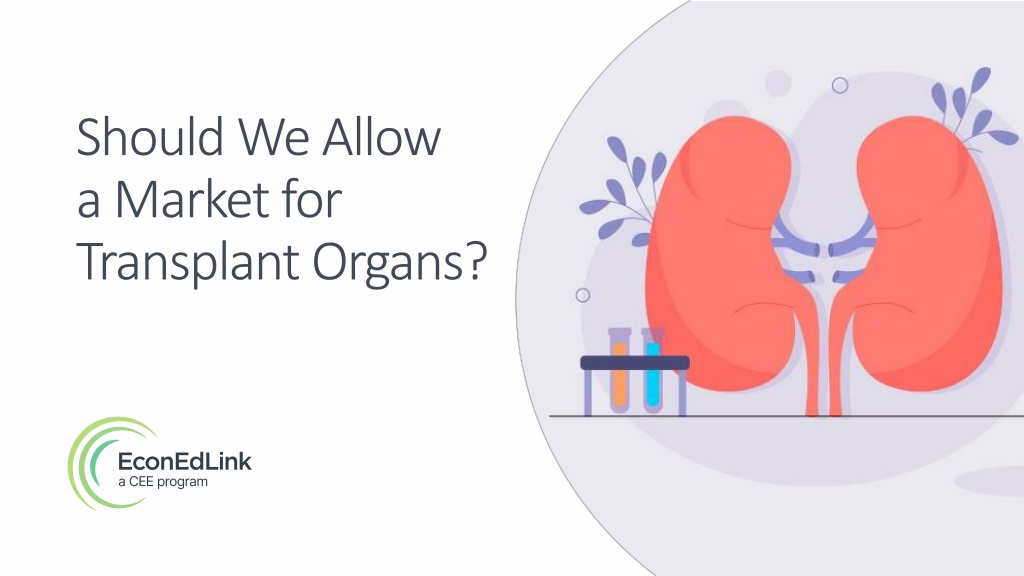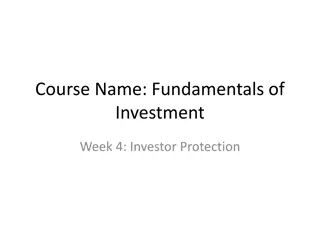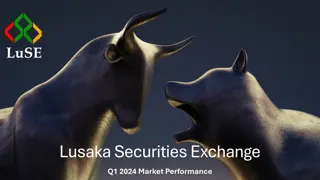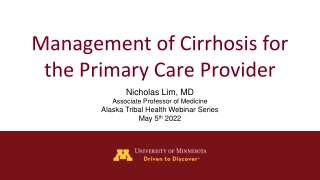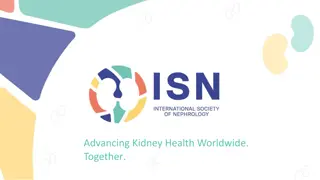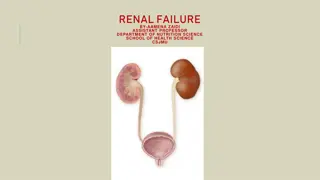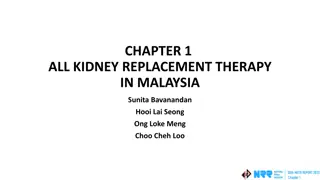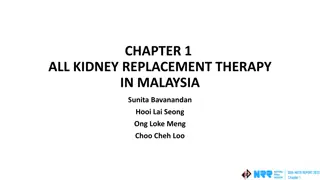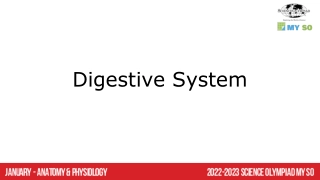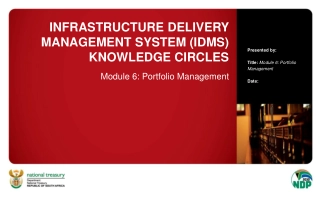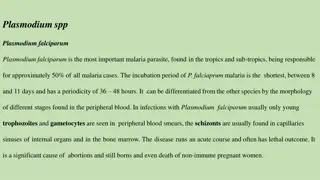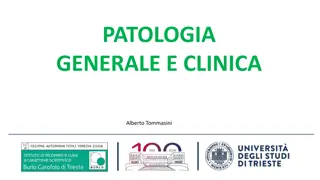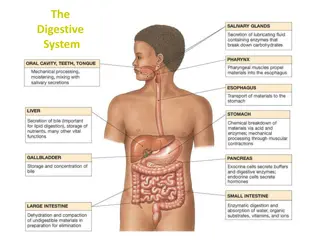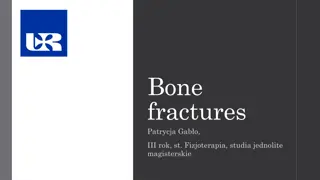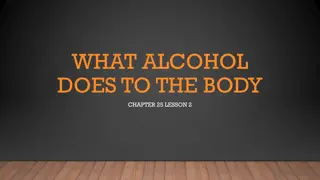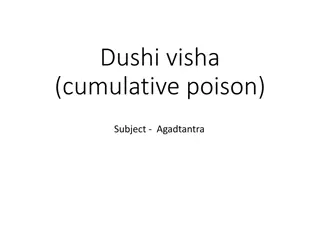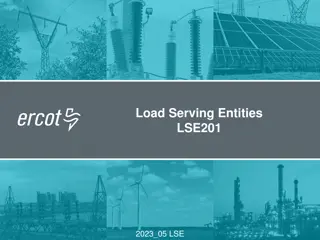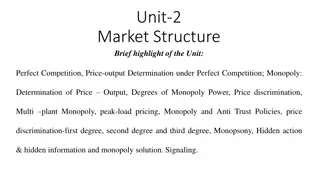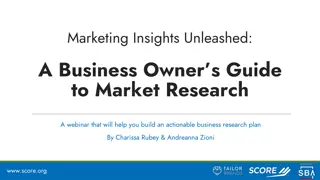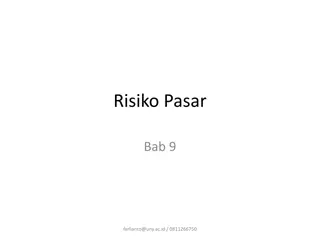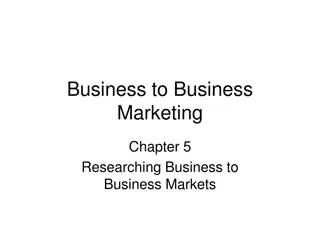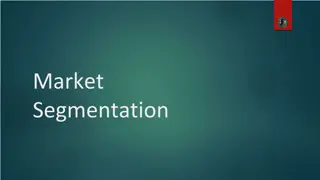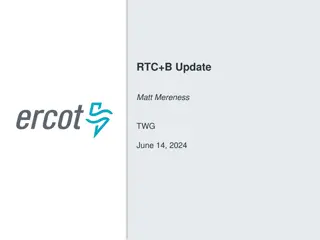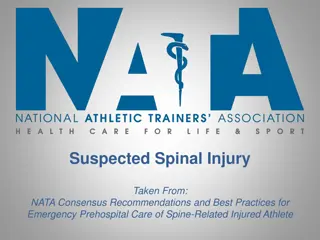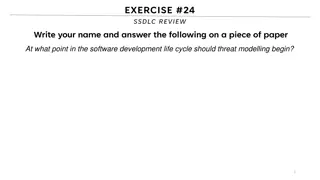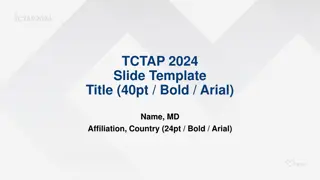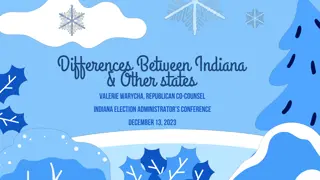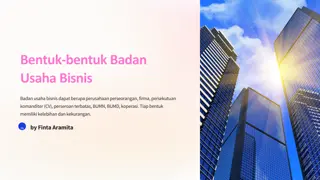Should We Allow a Market for Transplant Organs?
Analyzing the dilemma of organ shortages in the US, this content explores the ethical dimensions of creating a market for transplant organs. Through discussions on economics, ethics, and decision-making processes in allocating scarce organs, it delves into the complexities of determining who should receive life-saving transplants. Activities and debates provide insights into the challenges and moral implications of organ distribution.
Download Presentation
Please find below an Image/Link to download the presentation.
The content on the website is provided AS IS for your information and personal use only. It may not be sold, licensed, or shared on other websites without obtaining consent from the author. Download presentation by click this link. If you encounter any issues during the download, it is possible that the publisher has removed the file from their server.
Presentation Transcript
Should We Allow a Market for Transplant Organs?
What is economics? What is ethics? Economics is the study of how people choose Ethics is the analysis of right and wrong. Ethical frameworks help explain human behavior and evaluate policies, even if the frameworks seem to conflict with one another. 2
Who wants this?! 1. Is the item scarce? 2. How do we decide who gets it? 3
Today In this economics lesson, students will analyze and debate the ethical considerations for dealing with a shortage of transplant organs. 4
Transplant organs in the US There is a large and growing shortage of transplant organs in the United States. Because of this shortage, many people die while waiting for a transplant, and others must use expensive medical procedures and equipment to stay alive. Shortage occurs when the quantity demanded is greater than the quantity supplied at the market price, meaning there are more people that want or need an organ than organs available. 5
Activity 9.1 Kidney Candidates Your task: You are the leader of a Transplant Team, as the leader you must decide who gets a kidney. Using any of the criteria listed below OR criteria you came up with on your own, select one (1) patient for a kidney transplant. Assume that all suffer equally, and the matter is urgent. They are all a match to the available kidney. Those who do not receive a kidney will die within a year. 6
Activity 9.1 Kidney Candidates List of possible criteria for consideration: Their need Merit Contribution to society (past or present) Their ability to pay Their age Some other criteria 7
Discussion Was it hard to decide who got a kidney? What strategies were used? Did you use an alternative criteria? Why? Which one? 8
Who gets the Kidney?
What is a market? A market is a place where buyers and sellers go to negotiate the price for goods or services. In our current market for a kidney there were six (6) people who wanted a kidney (demand or buyer) and only one (1) kidney available (supply or seller). How would an economist describe this market? 10
What is the difference? Vs. Why did these two examples of deciding how to allocate a scarce resource differ so much? 11
Organ Transplant Market: Qd Exceeds Qs Federal law prohibits buying and selling organs for transplant. In 2022: Doctors transplanted more than 42,800 organs in the United States setting an annual record. More than 34,000 from deceased donors and about 6500 from living donors As of April 2023, there are currently over 103,000 patients on the waiting list (all organs). Nearly 89,000 for a kidney, over 10,000 for a liver, and almost 3,400 waiting for a heart 42,800 What is the quantity supplied for kidneys? 89,000 What is the quantity demanded for kidneys? 12
Organ Transplant Market: Qd Exceeds Qs Around 8000 patients die every year while waiting for a transplant. That is about 22 people per day and almost one an hour. In 2022: The waiting list for transplants increases at twice the rate of donations. Survival rates for transplant recipients continued to increase. 13
Graph of Kidney Market and Price Ceiling Market for Kidneys S Price $30,000 D Pc $0 40,000 100,000 Quantity per year 14
What if we could buy and sell organs? Would that help? Work on Activity 9.2 A Market for Kidneys in groups of 2-3. The last part of the assignment asks you to make a decision. Cost-benefit analysis is a tool to make decisions based on the expected costs of the decision and the benefits that people would receive from that decision. Use Ethics and Economics to help you make the decision! 15
Ethical concerns The following ethical frameworks are key to the decision-making process. 1. Outcomes-based ethics 2. Virtue-based ethics 3. Duty-based ethics Let s look at each one individually. 16
Ethical concerns Outcomes-based ethics: a moral philosophy that discerns right or wrong action based on the consequences produced by the action. We should do the thing that results in the best outcome. Results are the only thing that matters. More kidneys available for transplant is the best outcome. Consequences in terms of fairness or unequal access are vague or not considered. 17
Ethical concerns Virtue-based ethics: a moral philosophy that discerns right or wrong based on whether one s actions contribute to the formation of good character. What are the intentions of the person making the decision? Is the decider a good person with good morals? Would a good person buy or sell a kidney? Why? 18
Ethical concerns Duty-based ethics: a moral philosophy that discerns right or wrong based on the analysis of one s obligations. There is a set of ethical principles, rules, or laws to guide our actions. Rules formal and informal - help us do the right thing. Is it right to treat your kidney as something to sell a commodity? 19
Donation only vs. Open Market policies 1. What concerns do you have about a donation- only policy for kidneys? 2. What concerns do you have about an open market, or a situation where people are buying and selling kidneys? 20
Thinking about the policies 3. What outcome do you hope to achieve with a kidney policy like donation only or open market? 4. Who makes the choice for how to decide who gets the kidneys? The Health Resources and Services Administration (HRSA) with the Centers for Medicare and Medicaid Services (CMS), or Centers for Disease Control and Prevention (CDC). While the outcome discussed (Q #3) and economic agent (HRSA in Q#4) are similar the action might not be the same. Work individually to explore how ethics affect two kidney allocation policies donation only or an open market. 21
Closure Economics is the study of choices. How can ethical frameworks help make these choices? Scarcity necessitates that we allocate resources. How does the type of resource we are distributing affect the ethical decisions we make? What are the three main ethical frameworks and the main question that framework posed/answer? Your homework is going to be evaluating other options beyond the donation or open market policy. You will expand the economic and ethical frameworks to alternative methods to allocate a kidney. 22
